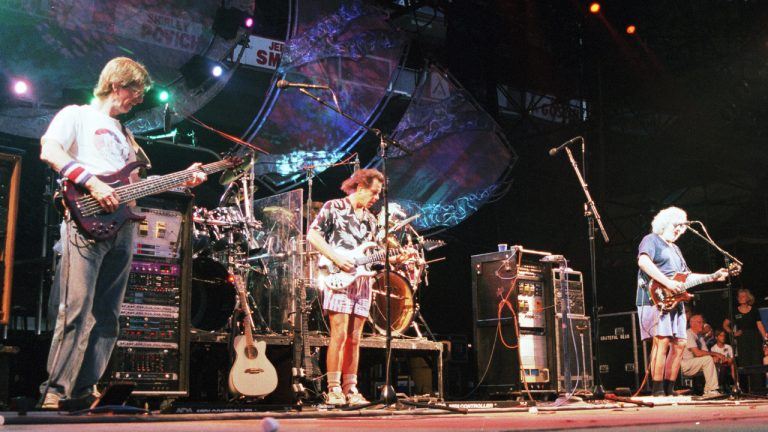
Strong regulation of decentralized physical infrastructure networks is needed.
Opinion by: Aaron Basi, head of product at IoTeX
As we look into the rest of 2025, the political climate suggests a friendlier stance toward crypto, with promises of regulatory clarity from both major parties in the United States. While this shift is welcoming news for Web3, one sector stands out as needing special attention: decentralized physical infrastructure networks (DePIN).
DePIN projects represent an emerging $38.4-billion sector. They are not your typical crypto projects. DePIN projects bridge blockchain incentives with real-world infrastructure, enabling everyday users to monetize their own electronic devices at will. Many crypto veterans tend to shun regulation, arguing that it stifles innovation or inhibits day-to-day freedoms. DePIN’s unique hybrid nature demands a strong framework to protect and channel trust so its transformative potential can be fully realized.









